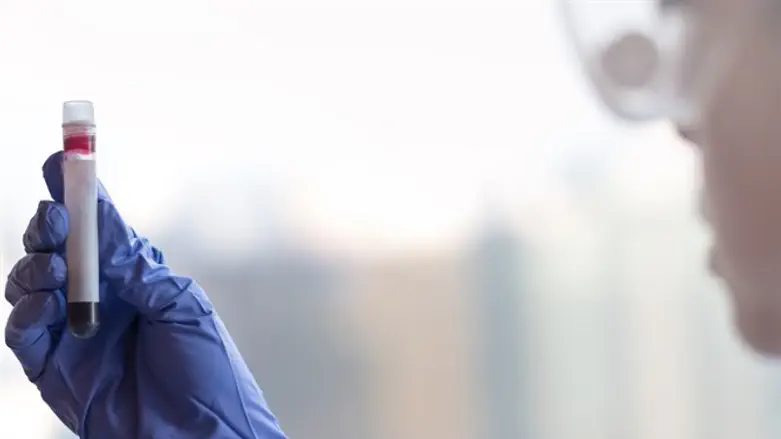
Younger individuals with asymptomatic or mild cases of coronavirus have been suffering an increasing number of fatal strokes after contracting the disease, doctors are warning.
The victims are mostly otherwise healthy individuals in their 30s and 40s.
Speaking to CNN, Dr. Thomas Oxley,a neurosurgeon at New York's Mount Sinai Health System, said that coronavirus "seems to be causing increased clotting in the large arteries, leading to severe stroke" and that all of the recent cases involve people under 50 with either mild or no symptoms of COVID-19.
"Our report shows a seven-fold increase in incidence of sudden stroke in young patients during the past two weeks. Most of these patients have no past medical history and were at home with either mild symptoms - or in two cases, no symptoms - of COVID.
"All tested positive. Two of them delayed calling an ambulance."
Over the previous 12 months, Mount Sinai treated an average of 0.73 patients under the age of 50 every two weeks for large vessel stroke, the research team wrote in a letter which will be published in the New England Journal of Medicine.
Previously, reports originating in Wuhan, China, hinted at a possible link between coronavirus and stroke. However, most of the patients in those cases were elderly.
The new report includes cases from three different medical centers in the US, leading researchers to suspect that coronavirus may cause more health issues than previously assumed.
Robert Stevens, a critical care doctor at Johns Hopkins Hospital in Baltimore, said that his center has had patients "in their 30s with stroke and COVID," which he called "extremely surprising" since that age group is at lowest risk of blood clots in general, the Washington Post noted.
And NBC News quoted Dr. Mark Crowther, chairman of the Department of Medicine at McMaster University in Hamilton, Ontario, and a member of the American Society of Hematology: "We're used to patients that are critically ill having a high frequency of blood clots. But nowhere near the magnitude that we're seeing in COVID patients."
COVID-19 patients generally do not respond as well as others to anti-coagulation medications, pulmonologist Hugh Cassiere told NBC.
The site also noted a study from the Netherlands which studied data on 184 ICU patients who tested positive for COVID-19. In that study, nearly one-third of the patients had blood clots - a "remarkably high" number for ICU patients in general
